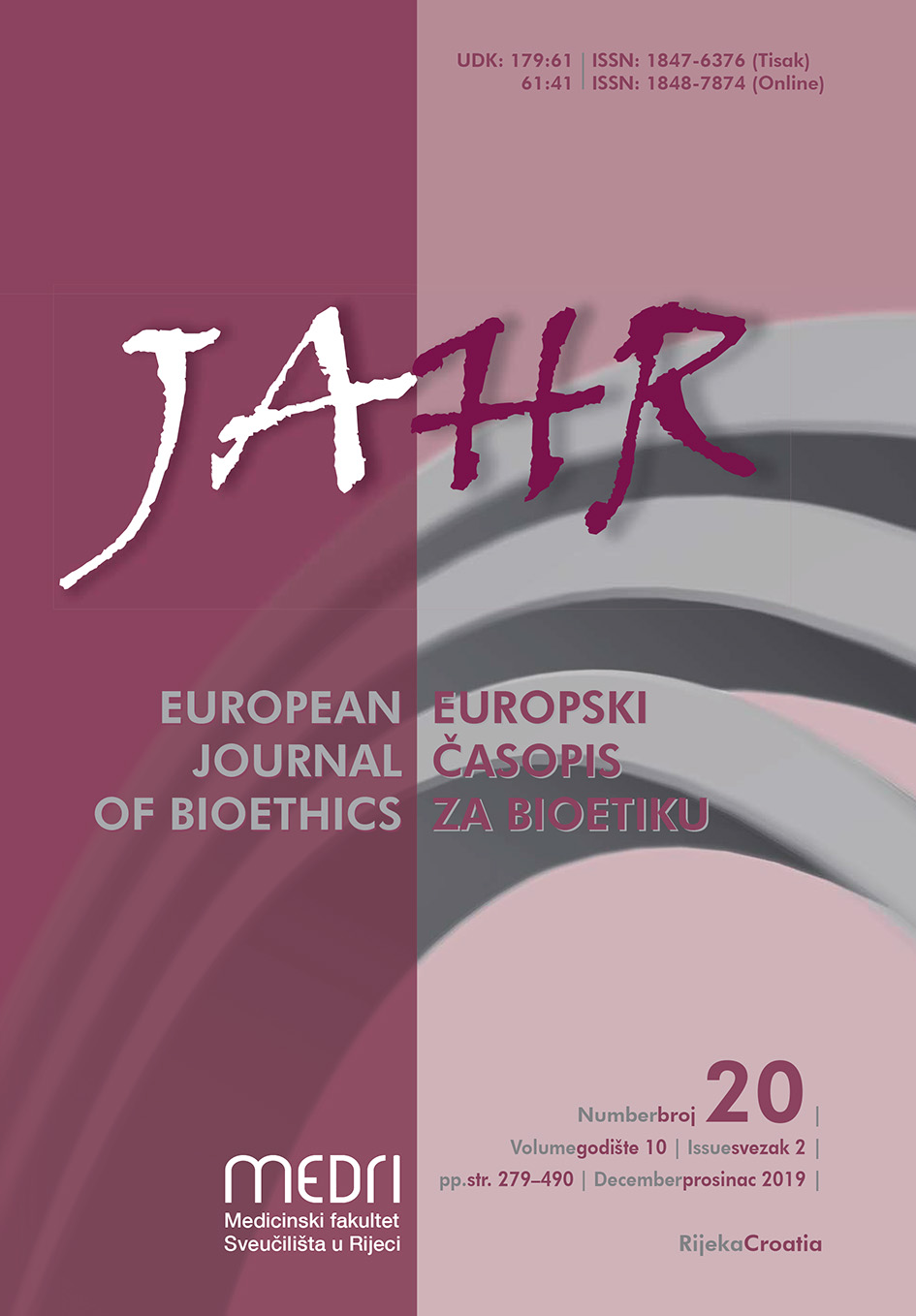Prohibited Production and Selling GMOs in North Macedonia
Keywords:
GMO, North Macedonia, legislationAbstract
https://doi.org/10.21860/j.10.2.10
Today, man is confronted with changes that are unique in their meaning and consequences - the production and selling of GMOs. While worldwide controversy persists and is spread by euphoria, scientific triumphalism, and mythology, at the national level, countries have different views regarding the strategies that are needed to be taken, because the stakes are too high. The fundamental attitude is to change our understanding of life! Therefore, avoiding such issues is not desirable, nor is their over-simplification, as this could open a Pandora’s box, especially in small countries such as North Macedonia. The article discusses how much the residents of North Macedonia consider themselves to be a nation that demonstrates an interest in public opinion and sensitivity to environmental problems and the direction in which society moves. Furthermore, it questions the current state of mind about the essential dilemmas posed by the planned spread of GMOs in the environment, but also by importing GMO-containing products, starting with the intentions and plans of the institutions on the issues of GMOs production and marketing, all the way to legislative solutions. Namely, even in 2013, Macedonia banned the production and marketing of GMO foods under the condition “... until it becomes an EU member”, but the question of the effectiveness of the implementation of this ban is becoming increasingly public.
Downloads
Published
Issue
Section
License
Authors who publish with this journal agree to the following terms:
- Authors retain copyright and grant the journal right of first publication with the work simultaneously licensed under a Creative Commons Attribution License that allows others to share the work with an acknowledgement of the work's authorship and initial publication in this journal.
- Authors are able to enter into separate, additional contractual arrangements for the non-exclusive distribution of the journal's published version of the work (e.g., post it to an institutional repository or publish it in a book), with an acknowledgement of its initial publication in this journal.
- Authors are permitted and encouraged to post their work online (e.g., in institutional repositories or on their website) prior to and during the submission process, as it can lead to productive exchanges, as well as earlier and greater citation of published work (See The Effect of Open Access).



